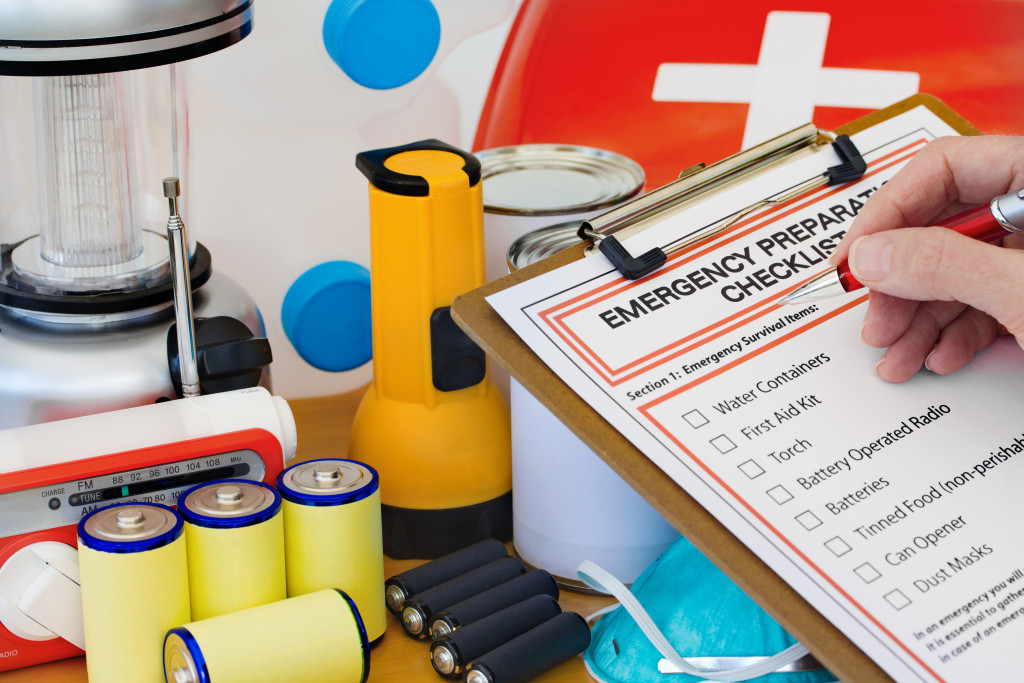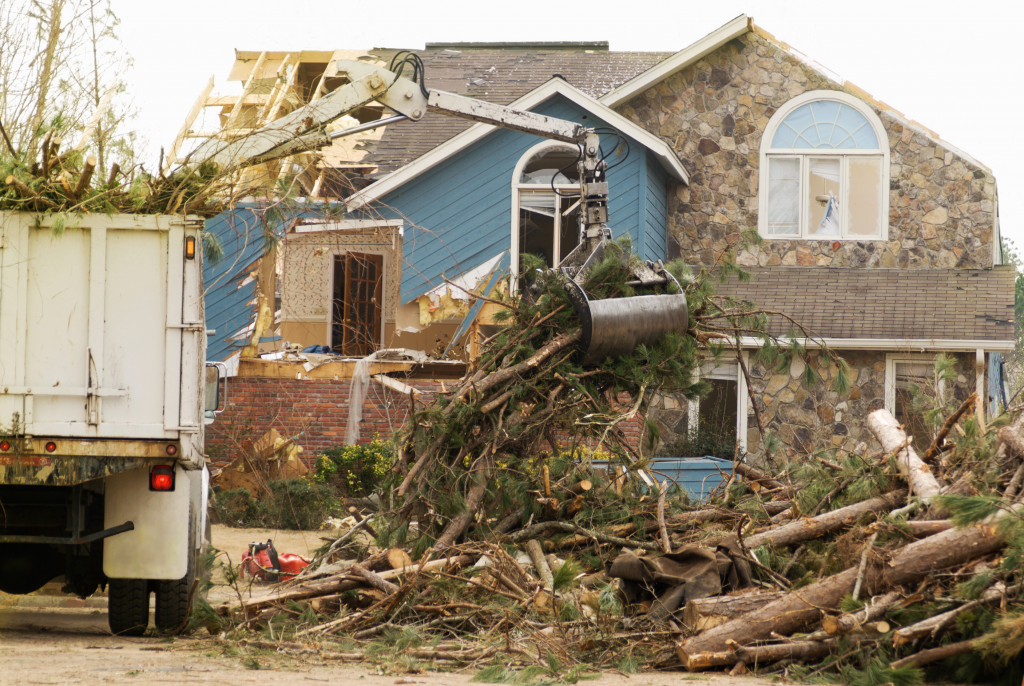Living in disaster-prone areas is challenging as it is. You need to listen to the news for calamity forecasts constantly. But unfortunately, emergency preparedness goes beyond that.
While you might have gotten used to it, circumstances might require you to do more. This is especially true if you’re a solo parent who needs to take care of everything on their own. That includes the safety of their children, home, and properties. Therefore, it’s best to be one step ahead and update your disaster plans. Here are ways you can prepare yourself in times of calamities:
Prepare Your Car
The good thing about natural disasters is that most of them can be predicted. This will give you enough time to weigh your decisions depending on the severity of the coming storm. However, while staying indoors can be your best option, you might want to develop a backup plan, especially if children are involved.
This means evacuating to higher and safer places to avoid flash floods, landslides, and other life-threatening outcomes of the hurricane surge. In addition, according to experts, witnessing and experiencing disasters first-hand can cause emotional trauma to very young children. This can result in recurring bad dreams, hypervigilance, trouble sleeping, poor concentration, and learning interruptions.
Furthermore, the destruction of major facilities, including hospitals, clinics, and highways, can prevent you from getting immediate help, specifically if you get stranded. Thus, your best option is to weigh in the circumstances and have your car checked for its brakes, locks, tires, oil, and any signs of wear and tear. Have an expert inspect your auto for leaks and let them update your car stereos and speakers.
This will help you stay updated on breaking news in your area, specifically for roadblocks and detours you can take while on the road. Moreover, preparing your car will give you peace of mind and provide reliable and quick transportation for everyone, including your supplies. Finally, ensure that you brush up on emergency car safety and place your child in the safest part of the car.
Know Where to Go
Of course, shelter is crucial in times like this. Therefore, check in with your government’s disaster plan on the details regarding the evacuation area and protocols. If you live in coastal, low-lying, or landslide and flashflood-prone zones, it’s best to know where you need to go and plan your routes ahead.
Otherwise, you can look for places miles away from the storm’s reach and book a hotel or motel in the meantime. You can also call some friends or family to shelter you and your kids while you wait for it to calm down. Having a destination in mind will let you focus on other important matters.
Prepare Your Emergency Kit

While many can predict the duration of weather surges, it might be hard to estimate the extent of damages it can cause to communities. Thus, it is best to bring your emergency bags with you. This includes your food and water supply, extra batteries, medicines, milk, snacks, clothes, important documents, and emergency cash.
Consider doing your groceries and getting money that you need days before the disaster strikes. This will save you from hassle on your way to your destination, especially if nobody will look after your children. List down all necessary items you need and ensure you’ll have enough supplies until you reach the safety zone.
If you have pets, consider bringing their food and bed to give them comfort in your new place. In addition, you might want to invest in a suitable pet carrier to keep them in one place and avoid any accidents. Finally, ensure that you unplug your appliances and move them away from the windows. You can also store them in the safest part of the house to better manage them later when you get back.
Plan Ahead to Avoid Panic
As much as possible, avoid last-minute plans as this will only cause more panic and forgetfulness. Most importantly, remember that your children will solely rely on you. Thus, it’s crucial to remain calm and avoid doubting yourself. Seeing you stressed will only cause them more harm than good.
Ensure that your kids are with you at all times since separation from their caregiver might cause a more dangerous layer of concern. This includes neglect, abuse, or worse, exploitation. Thus, as much you need to take care of them, you must make sure you take care of yourself too. Don’t be afraid to ask for help, and always put your mind over your emotions. This will give you more clarity and help you arrive at better decisions for you and your children.
Going through natural calamities can be a nerve-racking experience, especially when you’re not prepared. As such, you’ll want to have your car checked, plan where you need to go to avoid disaster, and prepare yourself and your kids. It’s always better to overreact and not need these preparations than underreact and get caught in the worst possible situations.



